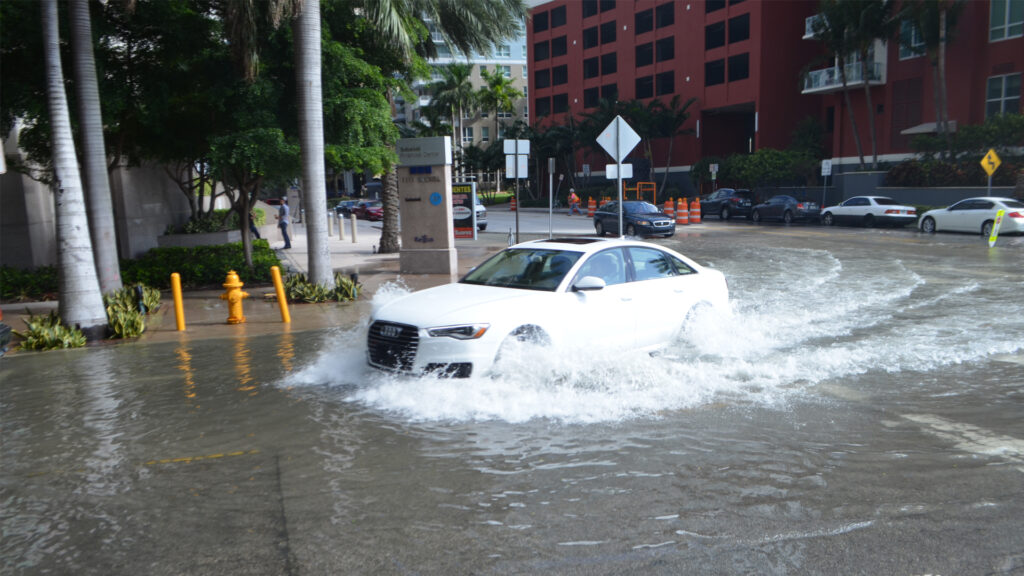A roundup of news items related to climate change and other environmental issues in Florida:
1 million Florida buildings will be overrun by sea-level rise by 2100, study shows | Florida Today

Storms that ride in on seas rising due to global warming will displace millions of Floridians in low-lying areas by century’s end, according to a new analysis by a flood-risk research group.
Well before then, a higher ocean will force many to elevate their homes, similar to stilted homes on North Carolina’s Outer Banks, or else endure deadly surging floodwaters and sky-high insurance costs.
The lure of living beachside has long been Florida’s biggest draw. But with sea levels expected to rise one foot by 2030 and another three feet by the end of the century, many dream homes could become nightmares.
Global heat waves show climate change and El Niño are a bad combo | NPR
If there’s one kind of weather extreme that scientists clearly link to climate change, it’s worsening heat waves.
“They are getting hotter,” says Kai Kornhuber, adjunct scientist at Columbia University and scientist at Climate Analytics, a climate think tank. “They are occurring at a higher frequency, so that also increases the likelihood of sequential heat waves.”
In Texas, the Southern U.S. and Mexico, a three-week heat wave has gripped the region with temperature records falling for days in a row. Extreme heat has also hit India, China and Canada, where widespread wildfires are burning.
Blue-green algae and red tide converge in Charlotte Harbor | WGCU
‘High levels” of red tide and blue-green algae have bloomed in Charlotte Harbor in a rare mixing of two of the most devastating types of harmful algae blooms.
How and why a saltwater-based algae bloom is coexisting with another known for its presence in freshwater lakes and streams, while not unrecorded in history, is perplexing marine researchers.
So such co-mingling happening three times in less than 10 years in Southwest Florida begs an answer to the questions of whether climate change, nutrient pollution or some other force is increasing the phenomena’s frequency.
If you have any news items of note that you think we should include in our next roundup, please email The Invading Sea Editor Nathan Crabbe at ncrabbe@fau.edu. Sign up for The Invading Sea newsletter by visiting here.



